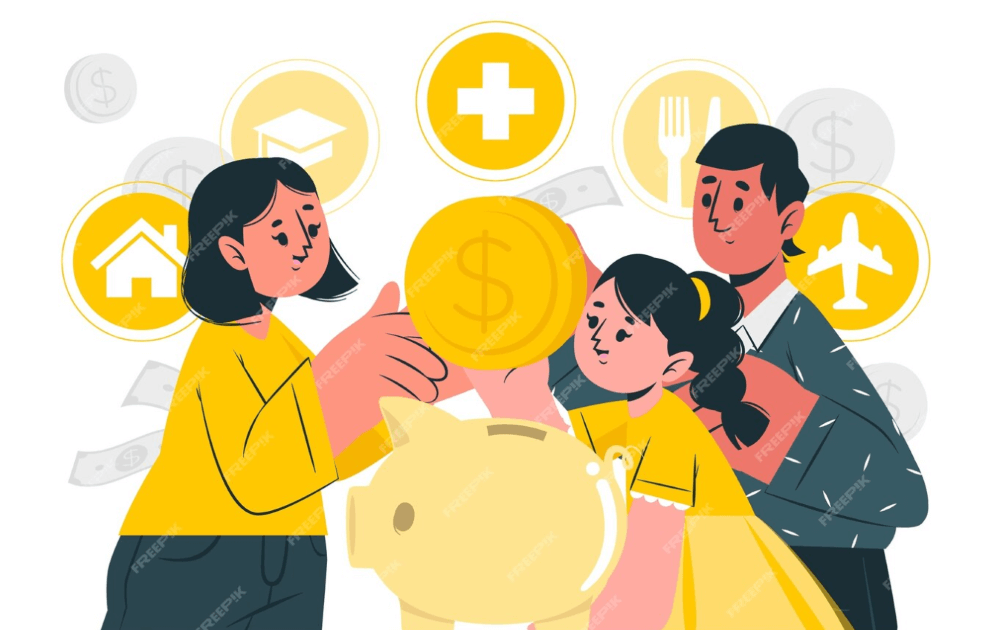Many community groups have contributed excellent ideas that can make their neighbourhood better. However, they often stay away from applying for a community grant due to some myths.
These baseless rumours often stop good projects from getting the support they need. A community grant is a kind of funding that helps local groups arrange and execute projects to solve local problems, improve services, and bring people together.
Today, we are going to clear up some common misconceptions surrounding community grants so that you can feel confident exploring these opportunities and making a real difference in your neighbourhood.
Myth 1 – Community Grants Are Only Given To Big Organisations
Some people believe that only big organisations or corporates can apply for a community grant, and small groups don’t even stand a chance. This thought is not at all true. There are many grant programmes that have been created to help local groups, neighbourhood teams, and even informal collectives.
For instance, if a small group of parents started a weekend reading club for kids in their neighbourhood and are looking for financial support or help with formal setup, they can apply for a community grant. This will help them to buy books and set up reading sessions for the kids.
So, before assuming your ineligibility, take a little time to research the grants and their guidelines. You might come across a grant that is looking for a project just like yours to support.
Myth 2 – The Grant Application Process Is Too Complex
It’s easy to feel overwhelmed when thinking about applying for a community grant. There are forms to fill out and plans to make, and it might seem like too much, especially if you’ve never done it before.
But the good news is, you don’t have to figure it all out on your own. Many grant programmes provide help, like step-by-step guides, sample applications, and clear instructions. Some even offer templates to make writing your plan and budget easier.
Planning ahead and knowing exactly what your project needs can make the process feel more manageable. Also, local councils or funding bodies often run free workshops or online webinars to guide you through applying for a grant.
Myth 3 – You Need Professional Grant Writers to Get Accepted
Some people believe that you need to hire a professional writer to apply for a community grant — but that’s not true. What really matters to funders is the heart of your project, not how fancy the words are.
Grant providers want to see that your project has a real purpose, clear goals, and a plan that can work. They’re looking for genuine ideas that will help the community.
Many successful grant applications are written by everyday people who care about their neighbourhood. If you can explain what you want to do, why it matters, and how you’ll make it happen, you’re on the right track.
Myth 4 – If You’ve Been Rejected Once, You Can’t Apply Again
Getting turned down for a community grant can feel disappointing, but it doesn’t mean you’ve missed your only chance. Rejection is actually quite common, and many groups don’t get approved the first time they apply.
The good news is that most funding bodies are happy to give feedback on why an application wasn’t successful. This feedback can assist you to improve your proposal and try again with a stronger plan.
Many groups apply more than once before getting a grant. The key is to keep going, make changes based on what you’ve learned, and not give up. Success often comes to those who stay persistent.
Myth 5 – Grants Cover Everything, Including Salaries and Running Costs
Some people think a community grant will pay for all their expenses, like staff salaries, rent, or regular bills. However, most grants are meant to support specific projects, not the day-to-day running costs of an organisation.
Usually, a community grant will cover things like materials, event costs, training sessions, or venue hire – anything that directly helps the project succeed.
It’s always a good idea to read the funding guidelines carefully, so you know exactly what the grant will and won’t cover. If your project needs extra support, you can also look into other funding options to help cover any additional costs.
Final Words
Don’t let myths stop you from making a difference in your neighbourhood. Take the first step today by looking into local community grant opportunities – you might be surprised by what’s available.
Your ideas matter, and your community’s needs are important. With the right support, including funding from a grant, you can turn your project into something real and helpful.

Leave a Reply